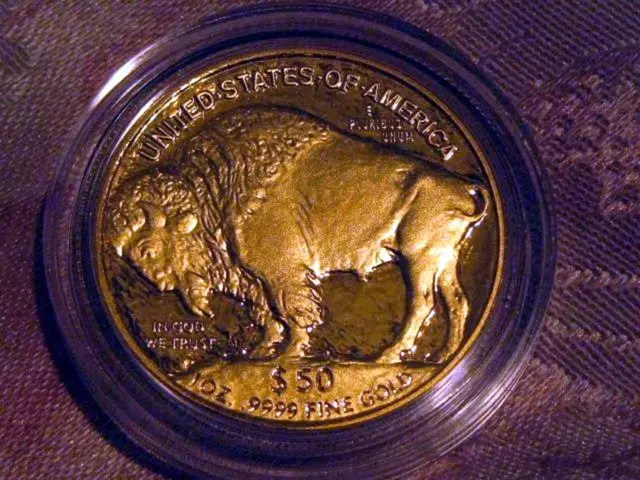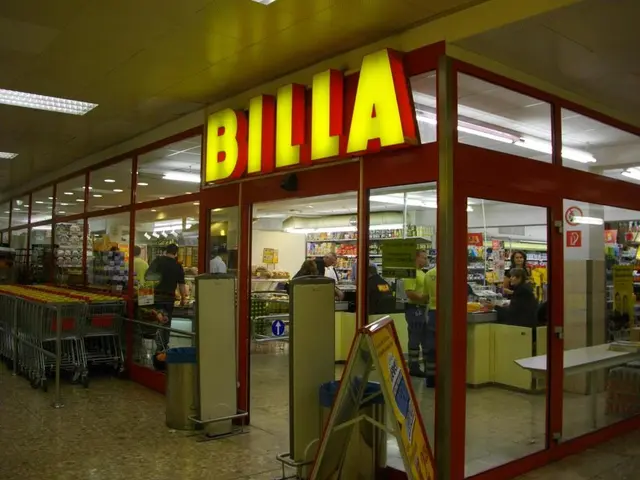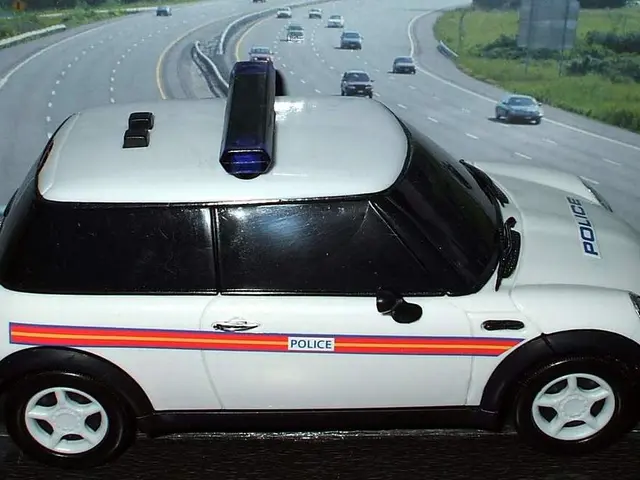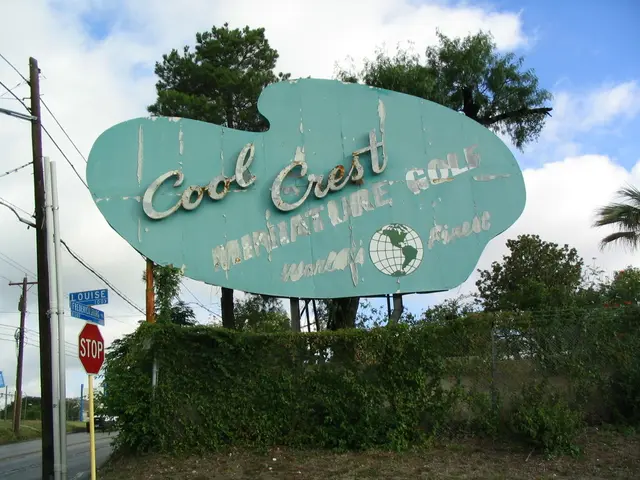Rapid Growth Transforms Quick Commerce Industry in Mumbai
In dense Indian urban areas, delivery application services reap substantial profits
In India's bustling financial hub of Mumbai, an age-old tradition of home-cooked food delivery by "dabbawalas" has been reshaped by modern technology and urban consumer behaviors. This transformation has sparked the explosive growth of the quick commerce (q-commerce) industry, challenging established e-commerce players and traditional retail stores.
Young entrepreneurs have capitalized on this shift, developing shopping apps that enable customers to secure instant delivery of goods ranging from food and drink to clothes and electronics in a matter of minutes. The so-called quick commerce apps have disrupted the retail landscape in Mumbai, as they offer an efficient alternative to e-commerce titans like Amazon and long-established neighborhood stores.
aat a central Mumbai warehouse managed by online grocer BigBasket, employees work with precision to ensure rapid deliveries within just 10 minutes. These warehouses, commonly known as "dark stores," are closed off to customers, offering a streamlined logistical network for quick commerce. When a new order arrives, workers swiftly gather the items by darting through aisles filled with everything from refreshments to produce, efficiently packing orders for motorbike delivery riders or the modern-day "dabbawalas."
These rapid delivery apps have experienced strong growth and are poised to continue expanding rapidly. Sales in India have leaped from $100 million in 2020 to an estimated $6 billion in 2024, with projections predicting a compounded annual growth rate of more than 60% over the next two to three years [1]. This growth could reach $40 billion by the end of the decade, according to investment bank JM Financial.
This rapid expansion can be attributed to a few key factors. The sheer scale of India's population living in densely packed cities within a roughly two-kilometer radius of a "dark store" provides a substantial revenue potential, as time-conscious consumers value the convenience of grocery and other essential item delivery to their doorsteps [1]. Additionally, the lack of traditional supermarket grocery chains in India complements the quick commerce business model, further fueling the industry's growth.
Competition in Mumbai's quick commerce market has heated up as established ecommerce giants like Amazon, Walmart-owned Flipkart, and billionaire Mukesh Ambani's Reliance Industries have joined the fray by rolling out rapid delivery offerings [1]. Experts predict that the fierce competition will spur innovation and further transform the landscape of Mumbai's retail sector [1].
Given the promising outlook for the quick commerce industry in Mumbai, both established players and new entrants have injected billions into setting up these nifty logistical networks across d cities, fostering the rapid expansion of India's rapid shopping industry [1]. For millions of customers, quick commerce offers a convenient way to avoid sweltering heat, visiting multiple food stalls, and navigating notorious traffic jams.
In summary, Mumbai's quick commerce industry has evolved from traditional food and grocery delivery services into a sophisticated, highly competitive sector marked by ultra-fast delivery from dark stores strategically located in dense urban pockets. This growth is propelled by factors like urban density, consumer demand for convenience, innovative business models with dark stores, strong venture capital backing, and supply chain reinvention for perishable goods, such as ice cream. The quick commerce landscape is projected to expand substantially in the coming years, reshaping how Mumbai’s consumers shop for daily essentials [1][2][4].
- The quick commerce industry in Mumbai, driven by advancements in technology, urban lifestyles, and venture capital investments, is experiencing a remarkable growth spurt, with sales predicted to reach $40 billion by the end of the decade.
- Amidst this growth, finance plays a pivotal role as entrepreneurial spirits and established corporations alike invest billions to establish smart logistical networks, revolutionizing the way millions of customers in Mumbai shop for everyday necessities, bypassing the challenges of traffic and long queues.








